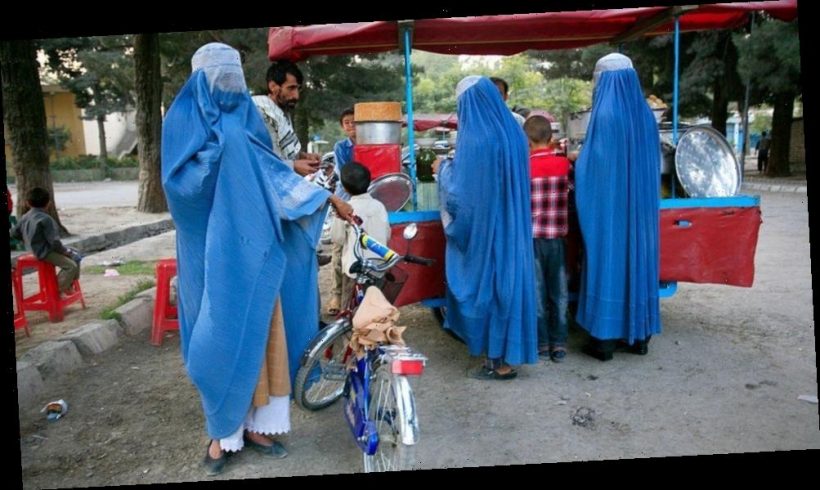THE head of the Taliban has banned leaders from having multiple wives because it's "too expensive and attracts criticism from enemies".
Taliban sources revealed they were struggling to cover the "bride price" after leaders were having up to four wives at a time.
In Afghanistan, Pakistan and other Muslim nations, polygamy is still legal and men are able to have multiple wives, but often have to pay money to the woman's family to secure her hand in marriage.
The new rule comes as the militant group continues to have talks with the government over Afghanistan's future.
Sources told the BBC that the Taliban leadership had raised concerns over allegations of corruption against members attempting to raise funds to sustain large households.
Most leaders are married to more than one woman and the new decree doesn't apply to those already in multiple marriages.
The two-page decree, issued by Afghan Taliban leader Mullah Hibatullah does not ban second, third or fourth marriages but warns large amounts of money spent on weddings could attract criticism.
"If all leadership and commanders avoid polygamy, they won't need to get involved in corrupt and illegal practices," the decree says.
MARRIAGE BAN
In a further confusing twist, the new rules state that unmarried men can have as many marriages as they please.
The same rule goes for men who have no children, no male child from a previous marriage, men who are marrying widows or if they have enough money to support multiple wives.
Should men who already have four or less wives wish to continue to marry, they have to seek permission from a direct superior.
The absence of a child from a marriage – particularly a son – is often cited as a reason for marrying again in rural, patriarchal Pashtun societies.
It comes a month after fifteen children and twenty others were killed in a blast in Afghanistan.
The incident occurred as people gathered for a religious event in the eastern province of Ghazni on December 18.
Reports suggest the explosives had been concealed in a vehicle, either a rickshaw or the sidecar of a motorbike, parked outside a house.
Speaking to the BBC, the head of the provincial council said the target of the attack had been a local security unit.
He added that it had been carried out by the "enemies of Afghanistan".
Source: Read Full Article


